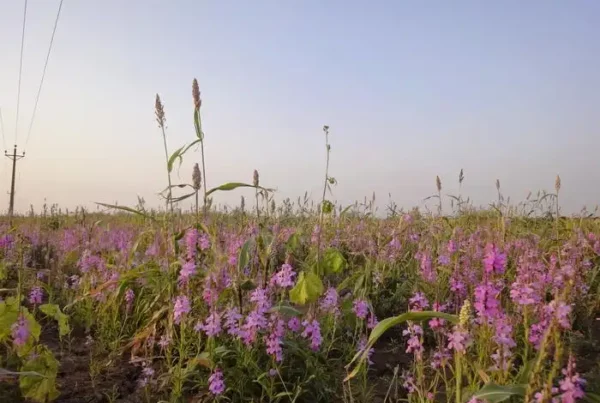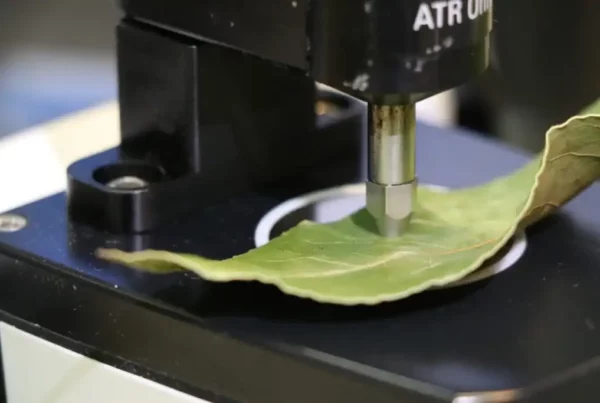Plant Genetic Resources underpin not only the future of agriculture and food security, but are increasingly being re-evaluated to address issues such as climate adaptation, nutrition and the wider bio-economy. This week a prominent ‘perspective’ paper in Proceedings of the National Academy of Sciences (PNAS) provides an excellent overview and explanation of the international agreements that govern use of Plant Genetic Resources (PGR) as well as best practices for complying with the agreements.
The article, International Agreements and the Plant Genetics Research Community: A Guide to Practice, aims to de-mystify the complex world of international agreements that have emerged in past decades. In particular, the article tackles the scope and interactions between the Convention on Biological Diversity, the International Treaty on Plant Genetic Resources for Food & Agriculture (provides a standard material transfer agreement), and the Nagoya Protocol (focus on Access and Benefit Sharing). It explains what these agreements require in terms of individual and organizational responsibilities and obligations, as well as the ongoing the debates in relation to ‘Digital Sequence Information’ (DSI) and associated germplasm characterisation data.
The article is expected to serve as a guide for researchers, breeders, and others who derive value from PGR collections, including the international network of seed banks, as well as live germplasm collections and other genebanks.
Lead author Emily Marden says “I’m excited that the plant genetics community will have this tool and hope that it will help ensure the adoption and sharing of best practices for the future.“
The paper includes a decision-making diagram that outlines the steps for researchers, breeders and other end-users to ensure that Plant Genetic Resources are acquired in compliance with international agreements. The article is particularly useful as it includes specific recommendations for plant scientists in how to operate.
A more detailed article unwrapping the key messages from this PNAS paper will appear in an upcoming issue of DivSeek Connect. Lead author Emily Marden has been a Board Member of DivSeek International Network since 2018 and co-authors Susan McCouch and Ruaraidh Sackville Hamilton were among the founders of DivSeek.
About DivSeek
The DivSeek International Network is a global community that connects, combines and communicates expertise among stakeholders engaged in the management and characterization of plant genetic resources. DivSeek comprises leading researchers and practitioners drawn from a broad base of academic and research institutions, government agencies, and inter-governmental organizations around the world.
Read the paper: PNAS
Article source: DivSeek
Author: Graham King
Image credit:







